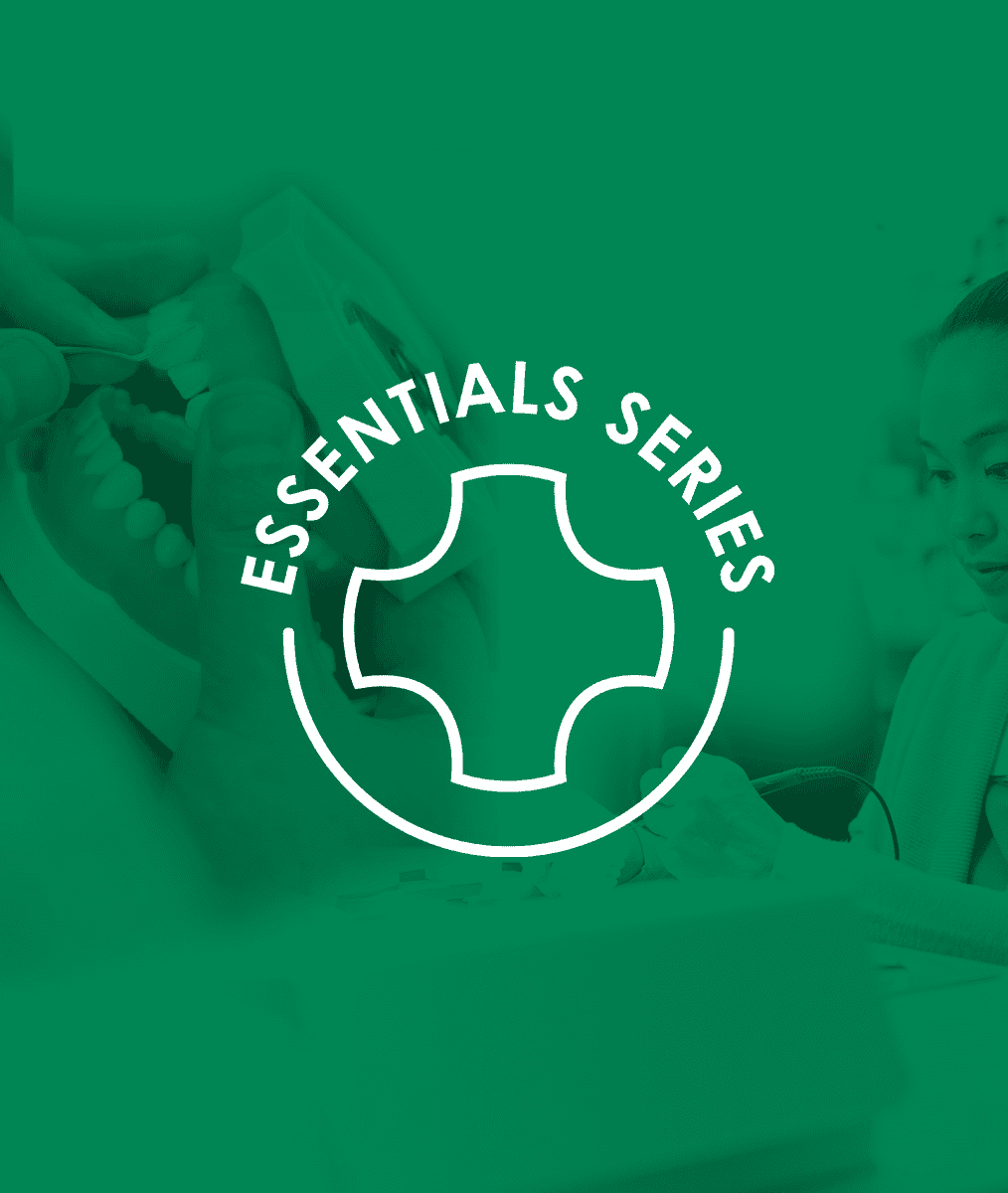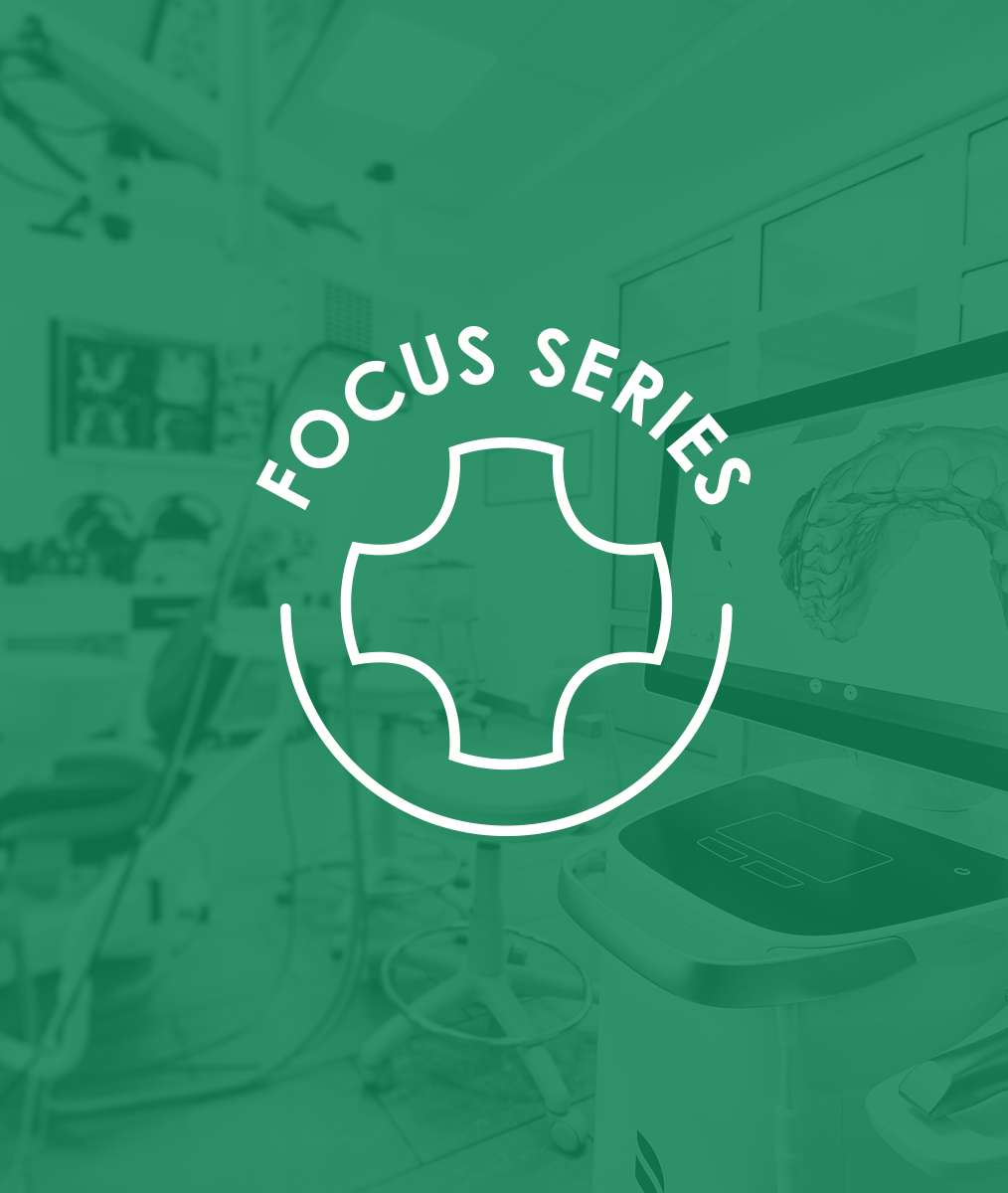Zeroing in on Well-being at Work (Part 1)
Why is well-being at work so important now?
In the latest Gallup organization interviews, one in four Americans reported feeling a lot of sadness the previous day. During the pandemic, a mental health crisis has impacted employee and patient sense of wellbeing. A large 28% of U.S. employees reported feeling burnout on the job very often or always. One-third of Americans have shown signs of clinical anxiety or depression, and the current state of suffering globally has risen significantly to seven in ten people worldwide.
The authors of Gallup’s 2021 book Well Being at Work: How to Build Resilient and Thriving Teams, Jim Clifton and Jim Harter, say “The right place to start reversing this trend is in the workplace. People want a good job with a good manager where they can use their strengths every day,” and this book empowers leaders and managers to create thriving cultures that involve (emphasize) employee participation and focus on the wellbeing of everyone involved.
Of course, when I read this book, I found it immensely applicable to dental practice. I was energized to communicate with you the basic Gallup findings and add my personal push for dental practice owners, leaders, and managers (in most cases, private dentists) to focus on building resilient, thriving teams. And Mary Osborne and I offered to start a Pankey Virtual Study Club centered on just this, titled “Ignite Your Team.”
Currently in our world, when the overlapping demands of work and life are greater than ever, maximizing employee wellbeing takes on urgency.
Flexibility within a framework is the future of work
Clifton and Harter state that “Organizations have the power and responsibility to improve their employees’ wellbeing. When leaders and managers cultivate the whole person at work — not just the employee — they promote the success of every individual in the organization.”
To maximize your team’s wellbeing, Gallup’s leadership experts encourage us to regularly gather feedback from employee about their opinions, needs, and experiences, then make decisions based on not only this feedback but also our experience, foresight, and understanding of the business (dental practice) and its goals. In a dental practice, this means placing high value on a culture that is positive, supportive, and focused on the overall wellbeing of yourself first and team members next, so together you can focus on the wellbeing of your patients.
I am reminded of two “Rich-isms” or teachings that Richard A. Green promotes within the Pankey community.
- Always recognize that the team that co-develops a framework of structure and systems, embodies and operationalizes these systems. “If they help form it, they own it and support it.”
- Make your office look more like an educational organization by creating a developmental, coaching, counseling, and consulting culture. Listen to the team. Involve team members, while considering your values and life-long vision supporting your mission and purpose.
What adds up to a thriving life?
In this new book, we learn that Gallup’s 100 million interviews worldwide have resulted in five universal elements that “add up to a thriving life.”
- Career wellbeing: You like what you do every day.
- Social wellbeing: You have meaningful friendships in your life.
- Financial wellbeing: You manage your money well.
- Physical wellbeing: You have energy to get things done.
- Community wellbeing: You like where you live.
To develop a “Net Thriving Team,” start with reflecting on and journaling about these five stages of wellbeing. I’ll be back with “Zeroing in on Wellbeing at Work (Part 2)” next month.
Related Course
E3: Restorative Integration of Form & Function
DATE: July 25 2025 @ 8:00 am - July 29 2025 @ 2:30 pmLocation: The Pankey Institute
CE HOURS: 41
Dentist Tuition: $ 7400
Single Occupancy with Ensuite Private Bath (per night): $ 345
Understanding that “form follows function” is critical for knowing how to blend what looks good with what predictably functions well. E3 is the phase of your Essentials journey in which…
Learn More>









